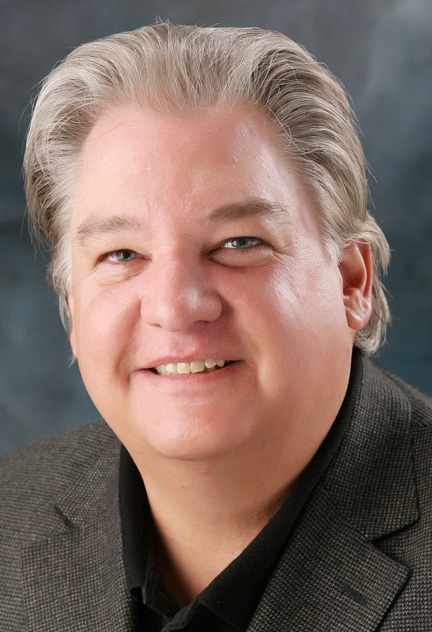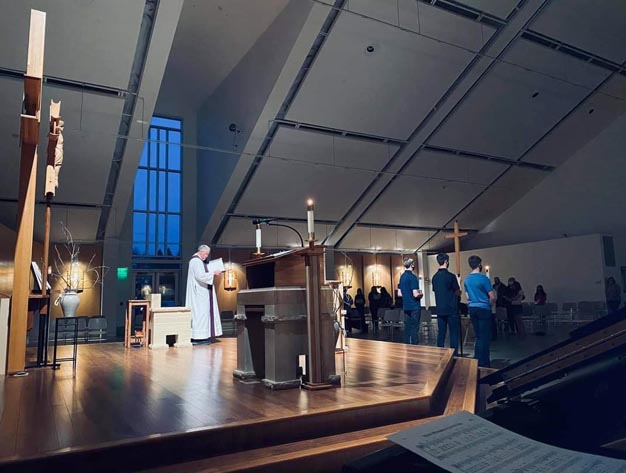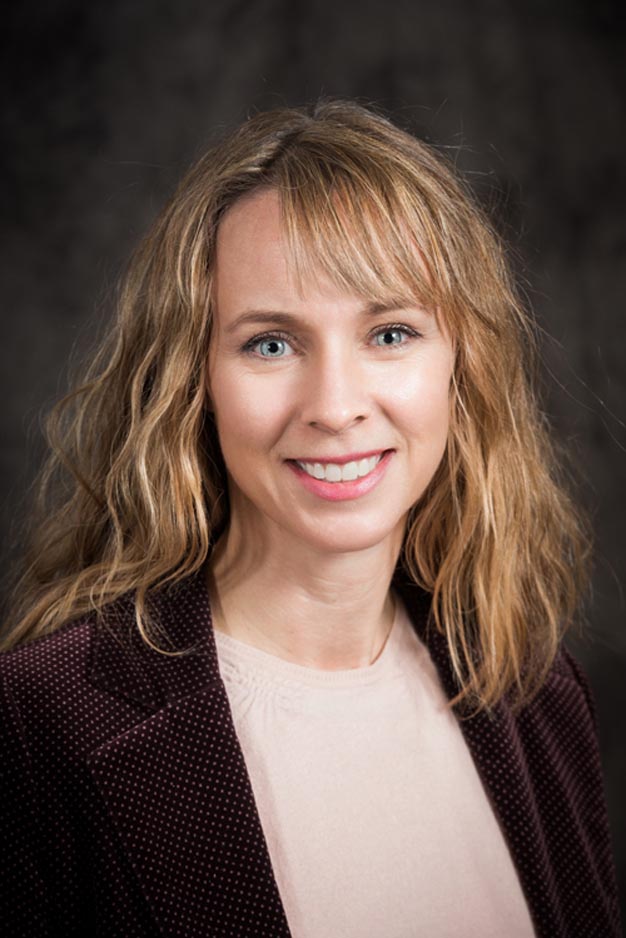By Keith Soko
I grew up on the south side of Milwaukee. The area I lived in was mostly of Polish descent. I don’t believe that I knew a student who was Black until I was in high school. It was an all-boys Catholic high school, and, unlike the stereotype, the few Black students who were there turned out to not be very good athletes, which they heard about often. When I was in grade school, I remember when Martin Luther King, Jr. was shot. I remember relatives saying “Good! He was a troublemaker!” Whites did not generally have a clue what Blacks were going through.

I remember Father James Groppi, a white priest of Italian descent, who was helping lead civil rights marches with African Americans in Milwaukee. The city has a number of viaducts or bridges that cross over the industrial valley from downtown to the then predominantly white south side. Father Groppi was going to help lead marches across the viaduct. I remember neighbors saying, “If they come over here, I’m getting my guns out.” This was Milwaukee in the 1960s, not Mississippi.
Father Groppi and other priests and nuns throughout the country were involved in civil rights marches and protests, but they received a lot of flak for it from Catholics. I remember parishioners getting upset when some of the priests and nuns would discuss social justice issues. However, that vision of Catholicism would strongly influence me.
Father Groppi received the Pacem in Terris Peace and Freedom Award from the Diocese of Davenport and St. Ambrose University in 1968. He eventually left the priesthood and became a bus driver in Milwaukee. His vision of the Gospel was influenced by Vatican II and a developing liberation theology that focused on the poor and marginalized.
African American theologian Peter Paris has argued that the Catholic Church usually only deals with the issue of race on an implicit level, when it is talking about poverty and justice overall, but rarely explicitly. Father Bryan Massingale, an African American priest and scholar, addresses this and other concerns in his excellent text “Racial Justice and the Catholic Church.”
One issue involved with race and gender is affirmative action. Theologian Daniel Maguire addresses it in his text “Case for Affirmative Action.” Maguire describes a scenario where people are gathered to run a race. Some of the people have balls and chains on their legs; some do not. The race begins. Obviously, those weighed down fall behind. At some point in the race, people say to take off the balls and chains. Now, some would say, it is equal. However, it is not since they are way behind. They need some “affirmative action,” as President John F. Kennedy coined the term, to bring them up to the playing field. That is why, when people say things such as, “I don’t see race” or “don’t include it on the application” or “all lives matter,” they perceive it as being fair. However, they are not accounting for years of oppression that has kept certain groups marginalized and behind in our society.
Maguire also likens it to being a parent. When one of your children is sick, that child receives the extra attention until getting better. Things such as affirmative action respond to those marginalized groups that have the greater need in overcoming what Maguire calls “unfair monopolies.” The key to it all is diversity. If we live in a diverse society, then our social institutions should reflect that diversity. Catholic Social Teaching has argued for systemic change when social structures and institutions are unjust.
Over the past year, many of us have stayed home from live rallies because of concerns with COVID-19. Yet, the Black Lives Matter movement flourished. I was impressed to see young people from around our community, in cities and rural areas, leading and attending these rallies. Now, Black lives and people of color are not just “those people.” They are our friends, our spouses, our children, our neighbors, our co-workers, our colleagues, our parishioners; they are us.
While the Catholic Church may not be an ideal model of diversity on some counts, it is on others, in that it is a global institution. Pope Francis has emphasized more than ever that the Catholic Church is a global church, not a white European church that needs to concern itself with the poor and marginalized. Catholic Social Teaching offers key principles to help our institutions to reflect on diversity, to bring structural change where needed, and to work for social justice, which includes racial justice.
(Keith Soko, Ph.D., is a Professor of Moral Theology and Religious Ethics at St. Ambrose University in Davenport.)









